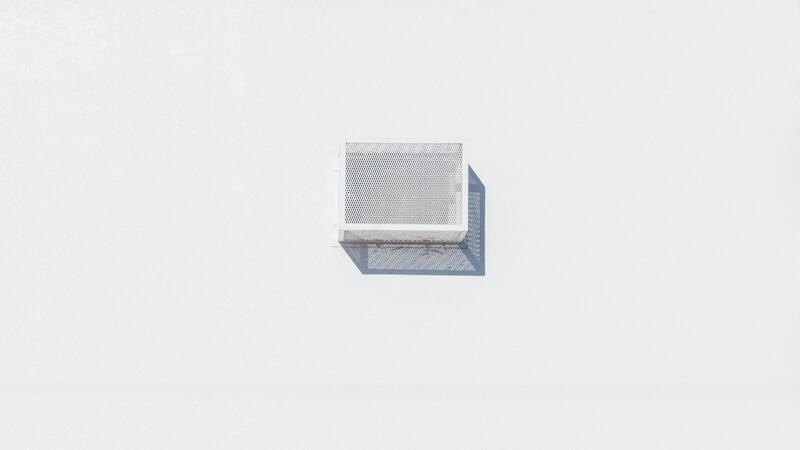
Classic cooling systems don't just cool rooms, they also dry them. This results in enormous energy consumption. The company Montana Technologies has now developed a technology to drastically reduce the power consumption of air conditioning systems.
As it gets warmer every year in Germany, many people are thinking about purchasing an air conditioning system. However, these devices usually consume a considerable amount of electricity. A new technology is now supposed to drastically reduce the energy consumption of conventional air conditioning systems.
Traditional cooling systems are known for not only cooling but also dehumidifying the air, which requires significant amounts of energy. This dual function leads to inefficient energy consumption and higher costs. However, a new method developed by Montana Technologies aims to solve this problem.
Energy efficient air conditioning systems focus on cooling without complex drying
The goal is to maximize cooling efficiency without wasting energy on drying the air. Conventional air conditioning systems remove moisture from the air to increase comfort, but this is very energy intensive. With the new technology, engineers optimized this process by using only as much energy as necessary.
This method could be particularly useful in regions with high humidity and heat, where air conditioning systems often run around the clock, causing high electricity costs. The new cooling technology should not only enable consumers to reduce their energy costs, but also help reduce global energy consumption.
This could in turn lead to a reduction in CO₂ emissions, which would have a positive impact on climate change. Increasing the efficiency of air conditioning systems would therefore have both economic and ecological benefits.
A hot future requires sustainable cooling options
Montana Technologies' technology is called AirJoule and is designed to solve the thermal limitations associated with metal-organic frameworks (MOFs) that have so far prevented MOFs from being commercialized.
The company's MOF technology and coating system would eliminate the need for external heat to release water vapor during the desorption process. This means that instead of using excess external heat, the heat from the absorption process can be used, reducing energy requirements and allowing the chambers to release water vapor.
It remains to be seen how quickly companies can bring the technology to market. However, initial tests and studies show promising results. Air conditioning manufacturers and energy experts are optimistic that the new approach could represent a decisive step towards sustainable cooling.
The future of air conditioning is likely to be significantly more environmentally friendly and cost-efficient. However, it remains to be seen how the market will develop and how quickly this technology will become established.
Also interesting:
Source: https://www.basicthinking.de/blog/2024/07/24/energieeffiziente-klimaanlagen/


